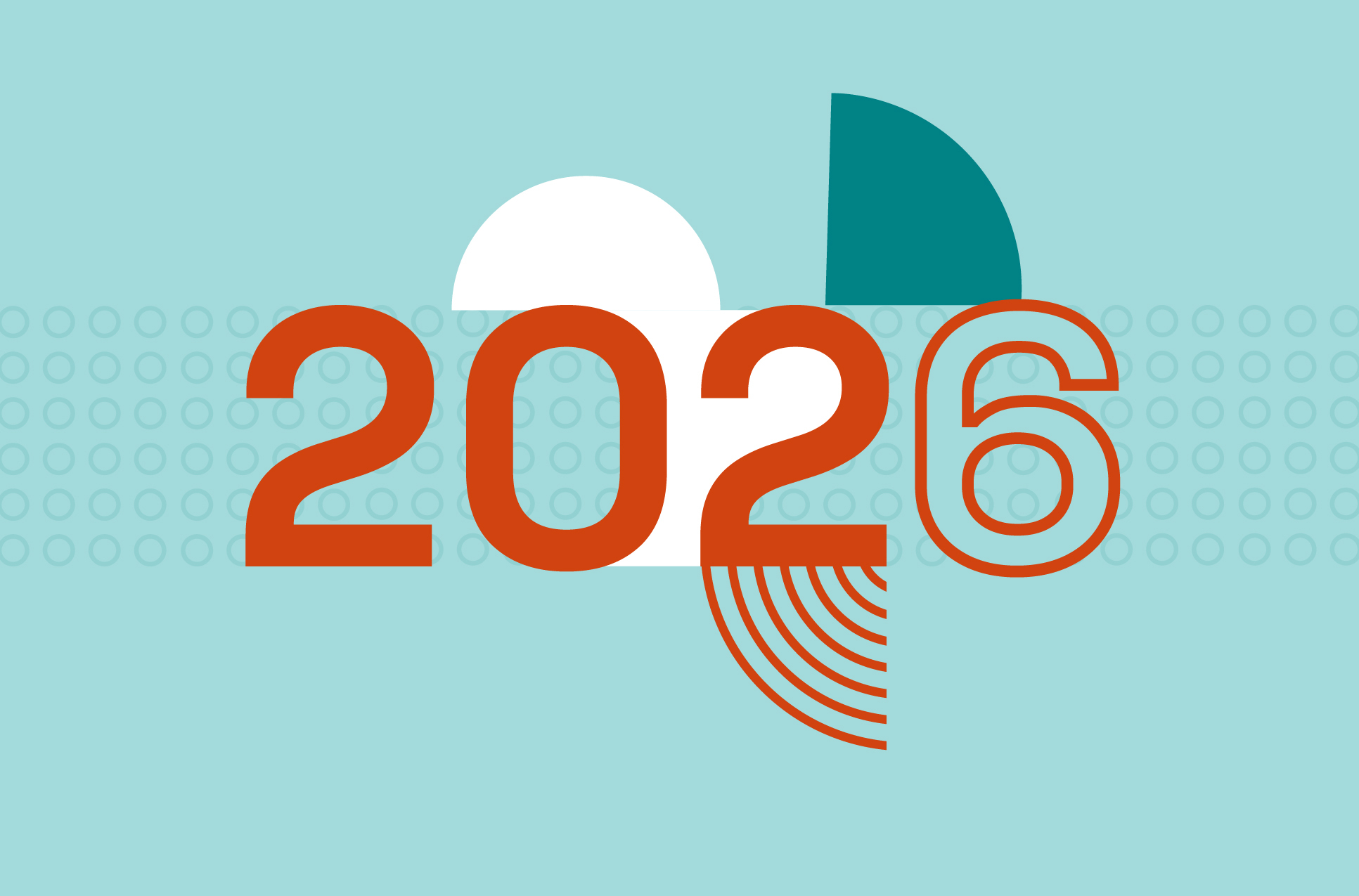Provider directories are an important resource for network management and referral management. They are also important tool for healthcare consumers. Provider directories are one of the first, and most important, gateways in a consumer’s healthcare journey. For all these reasons, we wanted to know more about what healthcare consumers think about provider directories. So we conducted a survey of over 1,500 people and asked for their opinions. The results were compelling. The bottom line is that provider directories matter to members. Here are the top five reasons why provider directories should matter to payers as well.
1. Compliance matters.
Avoid the steep fines that CMS and state regulatory bodies are using to enforce new provider directory regulations. With more and more states following behind CMS’ provider directory regulations, all health plans are at risk of noncompliance if they don’t take their provider data seriously. Take a look at our state by state regulations guide to learn more about your state’s regulations.
2. Health insurance provider directories are popular.
31% of the 1,500+ healthcare consumers surveyed use their health insurance plan’s website to find a doctor. This segment far outpaces the 2.8 percent that use other consumer physician directory websites such as ZocDoc. When such a large proportion of your consumers relies on your provider directory to access healthcare, it is important to make sure the information they find there is accurate.
3. New markets and new members rely on provider directories.
New markets tend to consist of people who are younger and well educated, with millennials joining the workforce and enrolling in health insurance through their employers. While all market segments prefer accurate data, the younger, newer members tend to rely on and expect to find accurate information online. In the digital age, millennials tend to prefer to conduct administrative processes online, and, as technology natives, they expect those processes to go smoothly. To win the trust and loyalty of these new members, it is important to maintain a dependable and positive experience when they use provider directories to find doctors.
4. Data accuracy matters.
It is “extremely important” or “important” to 53.8 percent of all respondents that online provider directories deliver accurate office locations. Startlingly, people of all age groups, genders, income levels, regardless of whether they live in urban or rural areas, are consistent in the belief that it is important to have access to online information. While it was once believed that the 65+ generation didn’t value or access online tools, it is clear that is no longer the case. No matter what the target demographic of your health plan, you must provide accurate online directories to keep your consumers engaged and happy with their healthcare.
5. A majority of patients utilize private insurance via their employer.
Our survey found that a majority of patients utilize private insurance through their employers. Because members access providers through their employer-provided health insurance, they are more likely to use online directories provided by their insurer rather than ZocDoc or other similar online provider directories. This means that finding a primary care physician (PCP) and specialists within their networks is of utmost importance to patients who want to avoid unexpected costs not covered by their employer-provided health insurance. When looking for a doctor within their network, there is no more sensible and trusted source at which to find a doctor than on the insurance company’s online directory. Recently on our blog, one patient recorded her frustration at trying to find a provider using her health insurer’s online directory only to be misled by inaccurate information.
Conclusions:
- While younger and more educated healthcare patients use online directories most frequently, all healthcare consumers expect to find accurate data in online provider directories–even consumers in the 65+ age group. This means that even payers with target demographic of 65+, must be just as concerned about the data in their directory as payers looking to increase their new members in the millennial segment.
- Online directories are one of the main points of contact for patients and their insurers. Make sure the experience is as friendly, credible and useful as it should be.
About the survey:
We surveyed 1,500 people in the United States about how they get their health insurance and how they find doctors. Our survey aimed for insights into what online provider directories mean to healthcare consumers and what value consumers find in them. We analyzed variables such as member demographics including, but not limited to, age, location, gender and income. Our survey obtained responses from age groups 18 years to 65+. Approximately 54 percent of all respondents were male and 46 percent were female.
Question: How important is it to you to find accurate information about provider office location on your insurance company website?
The below tables show the answer to this question from different data points. The first captures the total survey population (1505 respondents). The second breaks it down by how each receives health insurance. The third breaks it down by age group.




